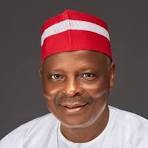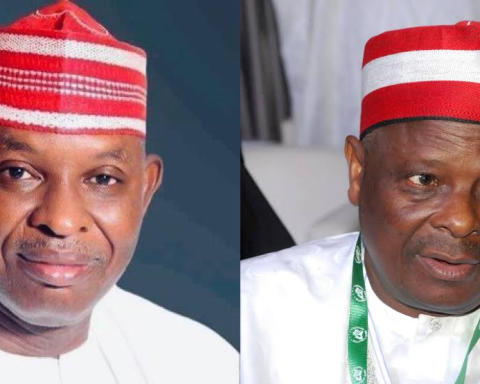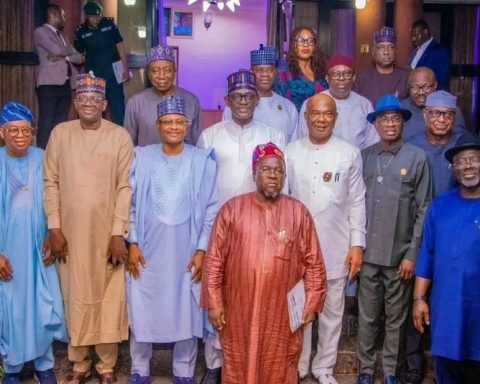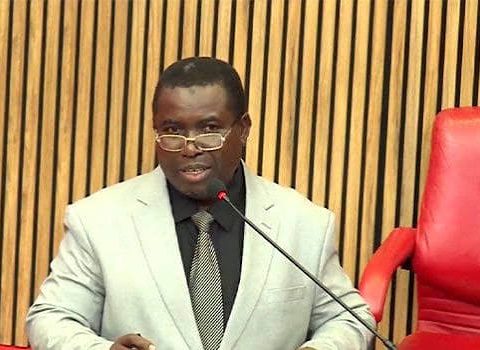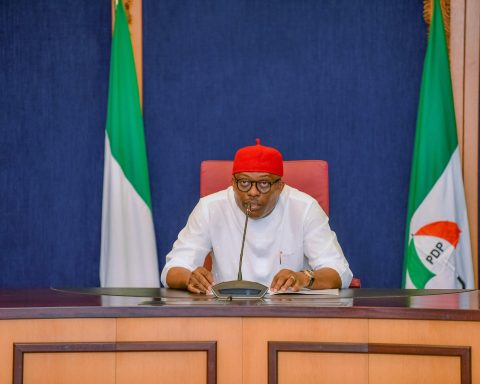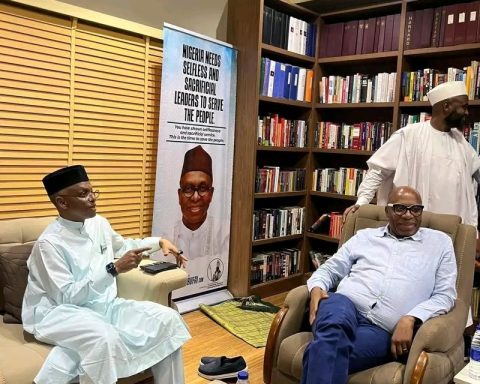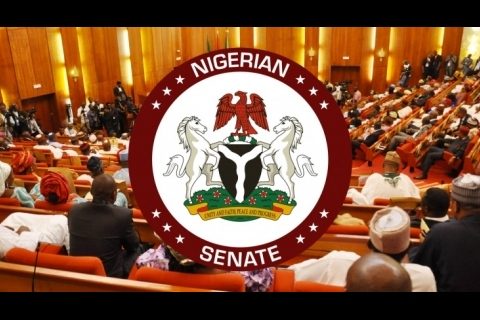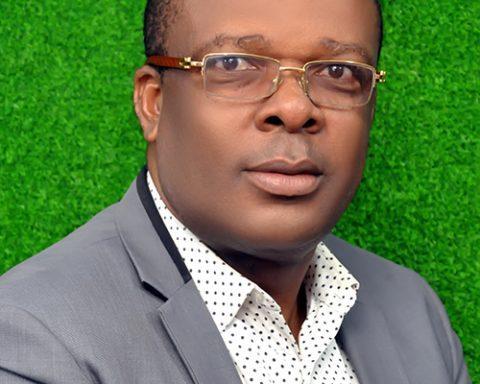The sudden resignation of Dr Abdullahi Ganduje as National Chairman of Nigeria’s ruling All Progressives Congress (APC) on Friday, 28 June 2025, points to a complex web of political calculations by President Bola Tinubu ahead of the 2027 general elections.
Reports indicate that Ganduje’s exit was directly linked to Tinubu’s efforts to bring former Kano State Governor, Rabiu Kwankwaso, into the APC fold. The move is seen as crucial for securing northern votes in the next presidential election.
Join our WhatsApp ChannelThe immediate past governor of Kano State tendered his resignation as APC national chairman on Friday afternoon, an action that came as a surprise to many, both in and outside the party.
The APC National Publicity Secretary, Felix Morka, who confirmed Ganduje’s resignation in a statement released on Friday, claimed that he took the decision to “enable him to attend to urgent and important personal matters.”
On his part, Ganduje cited the need to attend to his health as a reason for his resignation. However, those who doubt Ganduje’s reason for resigning argued that he had led APC officials on a condolence visit to Niger State, hour before the news, and showed no outward signs of health issues.
Morka said President Tinubu has directed the Deputy National Chairman (North), Hon. Ali Bukar Dalori, to assume the position in Acting capacity, pending the meeting of the party’s National Executive Committee (NEC) to be summoned very soon to fill the vacancy created by Ganduje’s resignation.
Ganduje, who assumed leadership of the party in August 2023, following the resignation of Senator Abdullahi Adamu, was tasked to ensure unity within the ranks of the party.
However, accusations of internal factionalism and poor management were said to have plagued Ganduje’s tenure, which lasted for 22 months.
There are permutations that these internal wranglings within the party may have also contributed to his eventual resignation.
The Kwankwaso Factor: A Strategic Defection
Some insiders said that at the heart of Ganduje’s resignation lies President Tinubu’s strategic move to bring Kwankwaso, a powerful northern politician, into the APC. Kwankwaso, who currently leads the opposition New Nigeria Peoples Party (NNPP), was reportedly set to defect to the ruling party, but only on the condition that Ganduje, his longtime political rival, should step aside as national chairman.
Sources revealed that Kwankwaso explicitly told Tinubu: “Ganduje must go.” Kwankwaso was said to have felt that his return wouldn’t be meaningful with Ganduje maintaining the position of party national chairman, especially as regards controlling Kano APC.
This ultimatum created an irreconcilable situation for the APC leadership, as Kwankwaso’s political machinery in Kano – Nigeria’s second most populous state – was deemed more valuable than keeping Ganduje as party chairman.
READ ALSO: APC And the Question Of Party Building
The urgency to bring Kwankwaso onboard intensified when reports emerged that he had begun discussions with an opposition coalition led by former Vice President Atiku Abubakar. The potential loss of Kwankwaso to the opposition was seen as politically disastrous for Tinubu’s 2027 ambitions.
A Longstanding Political Rivalry
The Ganduje-Kwankwaso feud has deep roots in Kano politics. Both men were once allies under the Peoples Democratic Party (PDP), with Kwankwaso serving as governor (2011-2015) and Ganduje as his deputy. However, their relationship soured after Ganduje succeeded Kwankwaso as governor in 2015 under the APC banner.
Key Flashpoints in their Rivalry
Key flash points in the Kwankaso-Ganduje rivalry include: the 2020 dethronement of Emir Muhammadu Sanusi, a Kwankwaso loyalist; Sanusi’s subsequent reinstatement in May 2024 by NNPP-led state government.
There have been constant clashes between the two camps over control of Kano’s political structure.
This bitter history made it impossible for both men to coexist in the APC, forcing Tinubu to choose between them.
The Forced Resignation: More Than Meets the Eye
While Ganduje officially cited “health concerns” and “urgent personal matters” as reasons for his resignation, sources said he was effectively pushed out through intense political pressure.
Aside from permutations of Kwankaso’s imminent return to the APC, there has also been pressure from North Central stakeholders demanding the chairmanship return to their zone. After Adamu, a former governor of Nasarawa State in the North Central, resigned, party stakeholders expected that someone from the geopolitical zone should be appointed to take over, but Ganduje was picked by Tinubu.
READ ALSO: Kwankwaso Denies Concluding Plans To Join APC
There are also reports of brewing disaffection between Ganduje and Vice President Kashim Shettima following the endorsement of Tinubu as the party’s presidential candidate in 2027, while Shettima was not mentioned as the running mate.
Immediate Aftermath and Future Implications
The political ramifications of Ganduje’s exit from the party’s leadership could be significant in some ways.
Observers say Ganduje’s exit may pave the way for potential re-zoning of the vice presidential ticket, with North West or North Central now in play, depending on where the new chairman comes from.
They added that the new development could cause a strain in APC’s Kano chapter as Ganduje loyalists may feel betrayed. It also raises concerns about party leadership stability ahead of 2027 and the possible realignment of northern political forces.
Victor Ezeja is a passionate journalist with seven years of experience writing on economy, politics and energy. He holds a Master's degree in Mass Communication.



